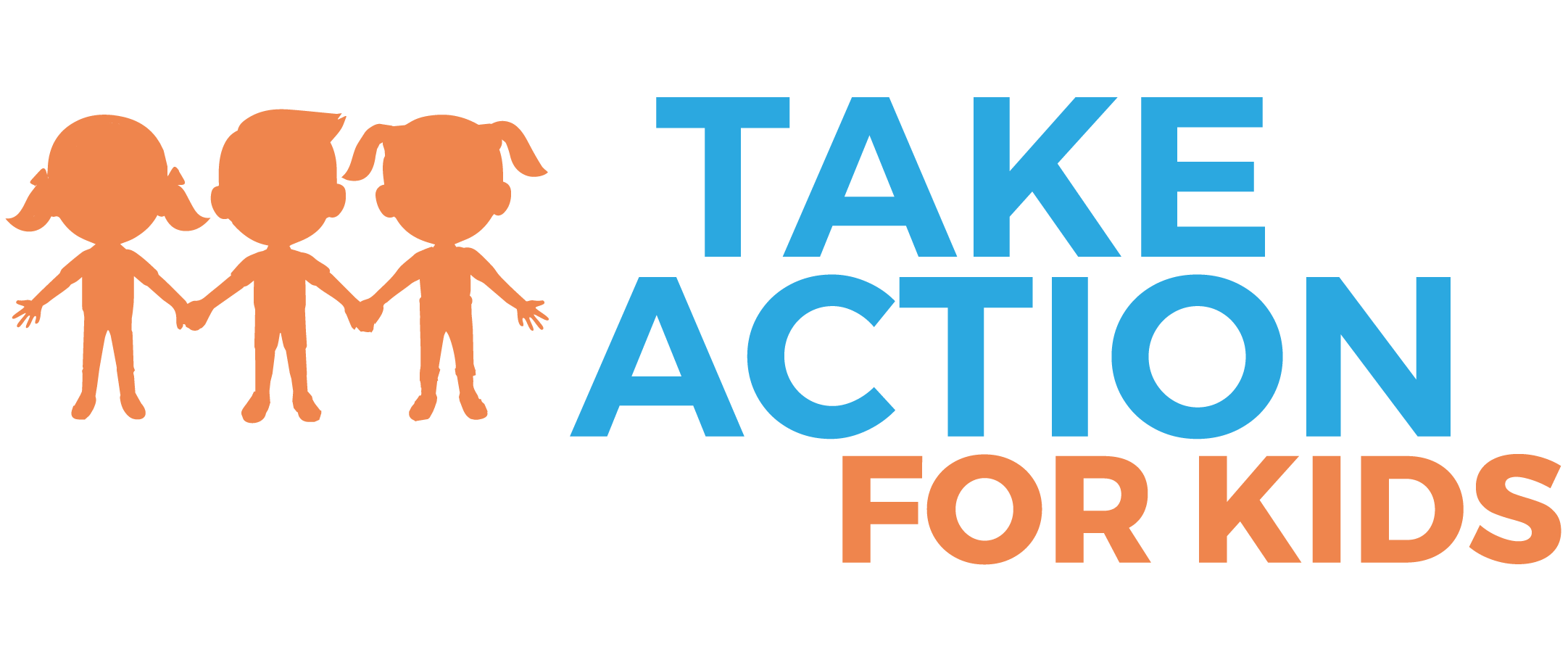
Medical Assistance in Dying - MAiD
Who is eligible for medical assistance in dying
In order to be eligible for medical assistance in dying, you must meet all of the following criteria. You must:
- be eligible for health services funded by the federal government, or a province or territory (or during the applicable minimum period of residence or waiting period for eligibility)
- generally, visitors to Canada are not eligible for medical assistance in dying
- be at least 18 years old and mentally competent. This means being capable of making health care decisions for yourself.
- have a grievous and irremediable medical condition
- make a voluntary request for MAID that is not the result of outside pressure or influence
- give informed consent to receive MAID
Grievous and irremediable medical condition
To be considered as having a grievous and irremediable medical condition, you must meet all of the following criteria. You must:
- have a serious illness, disease or disability (excluding a mental illness until March 17, 2024)
- be in an advanced state of decline that cannot be reversed
- experience unbearable physical or mental suffering from your illness, disease, disability or state of decline that cannot be relieved under conditions that you consider acceptable
You do not need to have a fatal or terminal condition to be eligible for medical assistance in dying.
Source: https://www.canada.ca/en/health-canada/services/medical-assistance-dying.html
Feb. 21, 2023 – Opponents of expanding Medical Assistance in Dying (MAID) are expressing alarm about a new report, tabled Feb. 15, 2023 by the Special Joint Committee on Medical Assistance in Dying, with 23 recommendations, including that assisted suicide be offered to “mature minors” if they are facing a natural death that is “reasonably foreseeable.”
Nov. 28, 2022 – Suicides in young people are NOT always a result of deeply thought-out and independently made personal decisions. Some children were pushed and groomed into killing themselves by others.
Source: https://igorchudov.substack.com/p/creepy-blue-whale-suicide-symbol
Sep. 5, 2022 – in “Summary Brief – MAiD for Mature Minors”, Inclusion Alberta concludes “legalizing MAiD for minors more broadly, would be utterly irresponsible & unconscionable.”
Section D. Only After Diagnosis: A person should be eligible to make an Advance Request only after a diagnosis of a grievous and irremediable medical condition, but before their suffering becomes intolerable. This safeguard permits a fully informed consent – requiring discussion on the condition’s trajectory, treatment risks and benefits, and means to relieve suffering.
Source: https://www.cba.org/CMSPages/GetFile.aspx?guid=17faab8e-6087-40bc-9043-b7c9a62446b7
2021 – Section “7.3 Further Research: Minors ought to be eligible for MAiD where they meet the other criteria outlined under Bill C-14 based on three arguments: mature minors are capable of making autonomous healthcare decisions and thus exclusion from eligibility engages their s. 7 rights; excluding mature minors is an unjustifiable act of age discrimination under s. 15 of the Charter; and prohibiting mature minors from accessing MAiD does not always protect their welfare and may actually be harmful. Yet this argument assumes a request from a capable adolescent who otherwise meets all eligibility criteria under Bill C-14 and whose parents are fully supportive of the MAiD request. This section considers two factors in order to explore more complex cases and issues beyond the scope of the project, which are worthwhile
subjects for future research.”
Source: A thesis by Kathryn Morrison presented to the University of Waterloo, 2021
Nov. 15, 2019 – Conclusion: Using the Oakes test as our framework, we conclude that the restrictions on minors and patients accessing MAiD solely at the direction of a short-term advance directive fail the condition of minimal impairment. We suggest adapting current legislation to extend MAiD rights to minors based on an age-tiered system (as modelled by the Netherlands) and to include the possibility of a short-term advance directive for patients who meet eligibility criteria and are deemed not vulnerable.
Source: https://www.ncbi.nlm.nih.gov/pmc/articles/PMC7020802/
Nov. 27, 2018 – Research identifies key concerns with expanding access to MAID to mature minors
